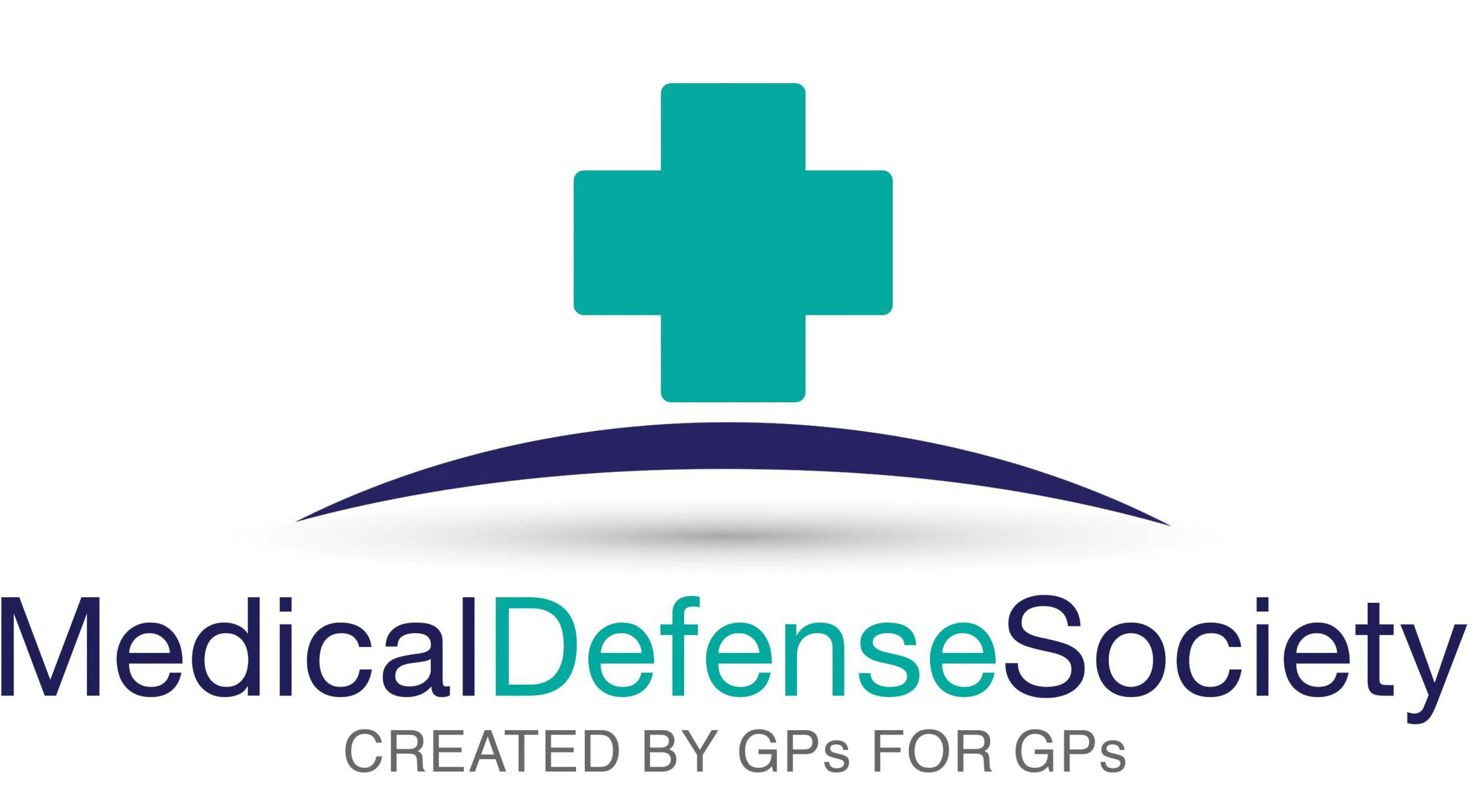
Update to Good Medical Practice standards
The General Medical Council (GMC) has updated Good Medical Practice (GMP), the professional standards for all registered UK doctors. The updated guidance places greater emphasis on the behaviours and values needed to create respectful, fair and supportive workplaces in healthcare.
Such changes have been broadly welcomed, although concerns remain about how easily the new 28-page guideline can be implemented amid the pressures faced within the NHS. Nevertheless, it is important for GPs to take the time to read and understand the new standards before they come into effect on 30 January 2024.
GMP updated and restructured for 2024
Following a consultation launched in April, this significant update to GMP was published in August. GMC will expect medical professionals to apply these GMP standards using their professional judgement and clinical expertise in the specific circumstances that they face.
The guidance has been restructured into four domains, as outlined below.
Knowledge, skills and development
- Being competent
- Providing good clinical care
- Maintaining, developing and improving performance
- Managing resources effectively and sustainably.
Medical professionals are expected to be competent and keep their professional knowledge and skills up to date. Within this domain, GMC emphasises that doctors must provide safe and effective clinical care in both face to face and remote consultations. They must also take part in quality assurance and quality improvement systems to promote patient safety, participate in training, and respond constructively to the outcomes of reviews and audits.
A new section is included on Managing resources effectively and sustainably, which advises that doctors should choose sustainable solutions when possible, if this does not compromise care standards.
Patients, partnership and communication
- Treating patients fairly and respecting their rights
- Treating patients with kindness, courtesy and respect
- Supporting patients to make decisions about treatment and care
- Sharing information with patients
- Communicating with those close to a patient
- Caring for the whole patient
- Safeguarding children and adults who are at risk of harm
- Helping in emergencies
- Making sure patients who pose a risk of harm to others can access appropriate care
- Being open if things go wrong.
The requirement for Treating patients with kindness, courtesy and respect is new to GMP 2024. This includes communicating ‘sensitively and considerately’, listening to patients, not making assumptions about what a patient will consider significant, and explaining the options and any recommendations about their care.
Colleagues, culture and safety
- Treating colleagues with kindness, courtesy and respect
- Contributing to a positive working and training environment
- Demonstrating leadership behaviours
- Contributing to continuity of care
- Delegating safely and appropriately
- Recording your work clearly, accurately, and legibly
- Keeping patients safe
- Responding to safety risks
- Managing risks posed by your health.
Significant new guidance is included on Contributing to a positive working and training environment. To do this, doctors should behave in a way that creates ‘a culture that is respectful, fair, supportive and compassionate’.
GMC makes clear that doctors must not abuse, bully, harass or discriminate against anyone because of their personal characteristics, or any other reason. The guidance is also explicit regarding sexual harassment: doctors must not ‘act in a sexual way towards colleagues with the effect or purpose of causing offence, embarrassment, humiliation or distress’.
GMC adds that anyone witnessing these behaviours has a responsibility to act to prevent them continuing. Depending on the circumstances, witnesses are encouraged to support anyone who was targeted or affected, verbally challenge the behaviour, or report the behaviour, preferably with the knowledge and support of the person targeted.
The new standards will also support staff who raise concerns regarding their workplace culture and safety, by putting the onus on healthcare professionals in management and leadership roles, who must act to ensure that such behaviour is addressed, dealt with promptly and escalated if necessary.
Trust and professionalism
- Acting with honesty and integrity
- Maintaining professional boundaries
- Communicating as a medical professional
- Managing conflicts of interest
- Cooperating with legal and regulatory requirements
Within this domain, GMC details how medical professionals are expected to uphold high standards of conduct, be honest and act with integrity to maintain and justify patients’ trust in them and their profession.
There is new guidance on communicating via social media or in private communications such as instant messaging. This includes that doctors must maintain patient confidentiality, ensure the accuracy of any information they provide, and declare any conflicts of interest. GMC also adds a reminder that messages in private groups may be made public. More detailed guidance is given in Doctors’ use of social media.
Importantly, this updated GMP domain also states that doctors must have adequate and appropriate indemnity insurance, covering the full scope of practice, and the level of cover must be regularly reviewed.
GMP 2024 and fitness to practise procedures
In the updated guidance, GMC explains that the GMP standards ‘describe good practice, and not every departure from them will be considered serious’.
When a concern is raised about a medical professional’s conduct, GMC will assess whether they pose ‘any current or ongoing risk’ to the health, safety and wellbeing of the public, public confidence or professional standards.
To determine whether regulatory action is required, GMC says it will consider the individual circumstances and relevant factors, such as the seriousness of the concern (including the extent of departure from the standards), the context of the medical professional’s working environment and their role and experience, and how they responded to the concerns.
Medical Defense Society provides medico-legal support to members if they are subject to GMC fitness to practise procedures – please contact us without delay if a concern has been raised about your own practice. We can also advise on how to apply GMP standards in your GP practice and review your indemnity cover.

Recent Comments